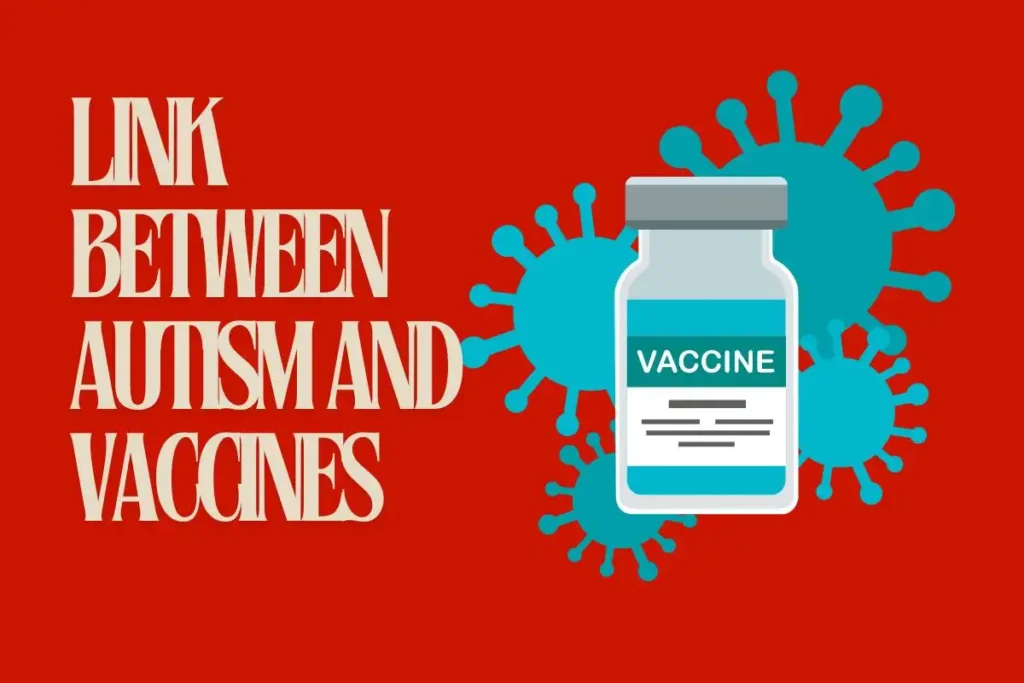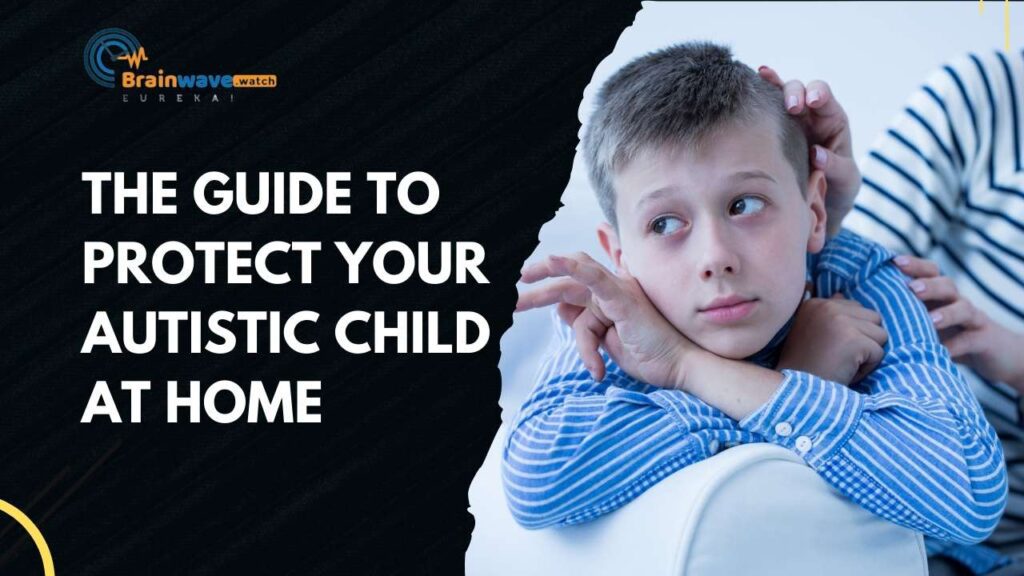There has been much controversy surrounding the potential link between vaccines and ASD. However, multiple studies have found no evidence to support this claim. The Centers for Disease Control and Prevention (CDC) states that “vaccine ingredients do not cause autism.”
Vaccines are a preventative measure used to protect individuals from infectious diseases. They work by stimulating the immune system to produce an immune response without causing the disease. Vaccines effectively prevent diseases like measles, mumps, rubella, and polio.
One study published in the Journal of the American Medical Association (JAMA) analyzed the medical records of over 95,000 children and found no association between the MMR vaccine and ASD. Another Institute of Medicine (IOM) study concluded that “the evidence favors rejection of a causal relationship between thimerosal-containing vaccines and autism.”
Vaccines are rigorously tested and monitored for safety before being approved. The CDC, the Food and Drug Administration (FDA), and other organizations closely monitor vaccine safety and effectiveness.
Historical Perspective on Vaccine Concerns
Over the years, there have been concerns about the safety of vaccines. Some people believe that vaccines can cause autism, while others believe that vaccines can cause other health problems. These concerns have led to decreased vaccination rates in some communities, which can put people at risk for vaccine-preventable diseases.
The Wakefield Study
One of the most famous studies linking vaccines to autism was published in 1998 by Dr. Andrew Wakefield and his colleagues. The study claimed that there was a link between the measles, mumps, and rubella (MMR) vaccine and autism. The study was later found fraudulent, and Wakefield lost his medical license. Multiple studies have since been conducted that found no link between the MMR vaccine and autism 13.
Despite this, the Wakefield study significantly impacted public perception of vaccines. Many people continue to believe that vaccines can cause autism despite the overwhelming evidence to the contrary. This has led to decreased vaccination rates in some communities, which can put people at risk for vaccine-preventable diseases.
Vaccines are one of the most effective public health interventions in history, Vaccines have saved millions of lives and prevented countless cases of disease. While there are risks associated with vaccines, these risks are generally minimal compared to the dangers of not vaccinating. The overwhelming majority of medical professionals and public health organizations agree that vaccines are safe, effective, and essential to maintaining public health.
Scientific Research on Autism-Vaccine Link
Epidemiological Studies
Multiple epidemiological studies have been conducted to investigate the potential link between vaccines and autism. The Institute of Medicine (IOM) conducted one of the most comprehensive studies in 2004. The IOM reviewed all available evidence and concluded that there is no link between vaccines and autism [1]. Similarly, a study by the Centers for Disease Control and Prevention (CDC) analyzed the vaccination records of over 1,000 children with autism and found no association between the two [2].
Another study published in the Journal of the American Medical Association (JAMA) analyzed the medical records of over 95,000 children and found no evidence of an association between autism and the measles, mumps, and rubella (MMR) vaccine [3]. These findings have been supported by numerous other studies, including a large-scale survey conducted in Denmark that followed over 500,000 children and found no link between autism and the MMR vaccine [4].
Biological Plausibility Studies
Researchers have also conducted studies investigating the biological plausibility of a link between vaccines and autism. One theory is that thimerosal, a mercury-containing preservative used in some vaccines, may be linked to autism. However, numerous studies have no evidence supporting this theory [5].
Another theory is that the MMR vaccine may cause autism by triggering an immune response that damages the brain. However, studies have shown that the MMR vaccine does not cause an abnormal immune response in children with autism [6]. A study published in the New England Journal of Medicine found no evidence of an association between the MMR vaccine and autism [7].
Public Health and Policy Implications
Vaccine Hesitancy
Despite the overwhelming scientific evidence that there is no link between vaccines and autism, vaccine hesitancy remains a significant public health concern. Many parents are hesitant to vaccinate their children due to misinformation and fear of adverse effects. This has led to vaccine-preventable diseases such as measles, mumps, and rubella outbreaks.
To address vaccine hesitancy, public health officials must continue to educate the public about the safety and efficacy of vaccines. This includes providing accurate information about the risks and benefits of vaccination and addressing common misconceptions and myths about vaccines.
Immunization Policies
Immunization policies are critical in ensuring that individuals are protected against vaccine-preventable diseases. In the United States, the Centers for Disease Control and Prevention (CDC) recommends a schedule of vaccines for children and adults based on age, health status, and other factors.
To increase vaccination rates and protect public health, policymakers must continue to support and enforce immunization policies. This includes ensuring that vaccines are accessible and affordable and addressing barriers to vaccination, such as vaccine hesitancy and lack of access to healthcare.
In conclusion, there is no link between vaccines and autism, and vaccines are a safe and effective way to protect against vaccine-preventable diseases. However, vaccine hesitancy remains a significant public health concern, and policymakers must continue to support and enforce immunization policies to protect public health.
[1] Institute of Medicine. Immunization Safety Review: Vaccines and Autism. Washington, DC: The National Academies Press, 2004.
[2] Destefano F, Price CS, Weintraub ES. Increasing exposure to antibody-stimulating proteins and polysaccharides in vaccines is not associated with the risk of autism. Journal of Pediatrics. 2013;163(2):561-7.
[3] Madsen KM, Hviid A, Vestergaard M, et al. A population-based study of measles, mumps, and rubella vaccination and autism. New England Journal of Medicine. 2002;347(19):1477-82.
[4] Smeeth L, Cook C, Fombonne E, et al. MMR vaccination and pervasive developmental disorders: a case-control study. Lancet. 2004;364(9438):963-9.
[5] Parker SK, Schwartz B, Todd J, et al. Thimerosal-containing vaccines and autistic spectrum disorder: a critical review of published original data. Pediatrics. 2004;114(3):793-804.
[6] Singh VK, Lin SX, Newell E, Nelson C. Abnormal measles-mumps-rubella antibodies and CNS autoimmunity in autistic children. Journal of Biomedical Science. 2002;9(4):359-64.
[7] Madsen KM, Lauritsen MB, Pedersen CB, et al. Thimerosal and the occurrence of autism: negative ecological evidence from Danish population-based data. Pediatrics. 2003;112(3):604-6.







